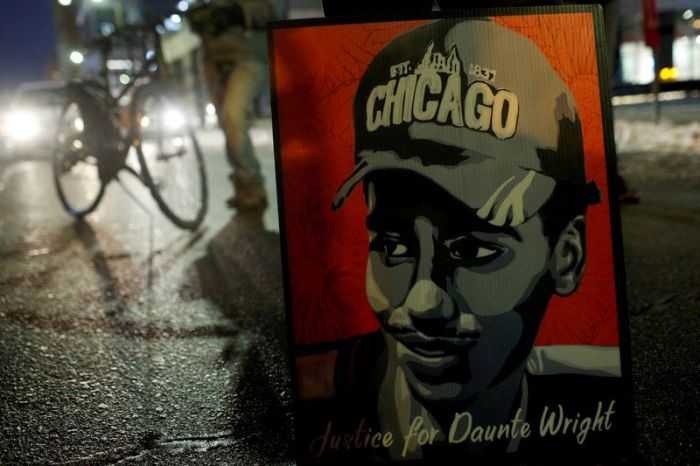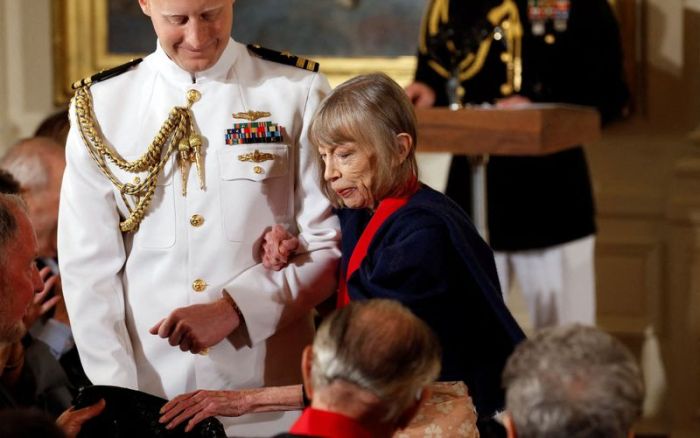TOKYO (Reuters) -Japan will not send a government delegation to February’s Winter Olympics in Beijing, it said on Friday, a move likely to deepen tension with China.
The decision follows a U.S.-led diplomatic boycott of the Games over concerns about human rights in China, although Japan has avoided explicitly labelling its move as such.
Japan, while a partner of the United States, also has strong economic ties to China.
Tokyo will not send a government delegation to the 2022 Winter Games, but will instead send some officials with direct ties to the Olympics, Chief Cabinet Secretary Hirokazu Matsuno told a news briefing.
These officials include Seiko Hashimoto, head of the Tokyo 2020 organising committee, as well as the heads of the domestic Olympic and Paralympic committees.
“Japan believes that it’s important for China to ensure freedom, respect for basic human rights and the rule of law, which are universal values of the international community,” Matsuno said.
Japan was addressing such issues with China directly at various levels he added, saying that this year’s Tokyo Games showed the Olympics and Paralympics were a celebration of peace and sports that give courage to the world.
“Japan’s government decided on its response to the Beijing Winter Olympics by taking those points into consideration, and deciding on its own,” he said.
The absence of Japanese officials was not taken under any “specific term” Matsuno said, indicating that the government was not calling the move a boycott.
In Beijing, a foreign ministry spokesman, Zhao Lijian, told a regular news conference that China welcomed the Olympic officials and atheletes from Japan.
China did not send a government delegation to the Tokyo Summer Olympics this year, but only a sports delegation, led by the sports bureau chief.
Japan has typically taken a softer tone on the issue of human rights in China, reflecting its widespread dependence on China, not only as a manufacturing hub, but as a market for items from automobiles to construction equipment.
Still, Prime Minister Fumio Kishida has faced rising pressure within his ruling Liberal Democratic Party to take a tougher stance on China, public broadcaster NHK said.
(Reporting by David Dolan and Daniel Leussink; Additional reporting by Yew Lun Tian in Beijing; Editing by Michael Perry and Clarence Fernandez)

























